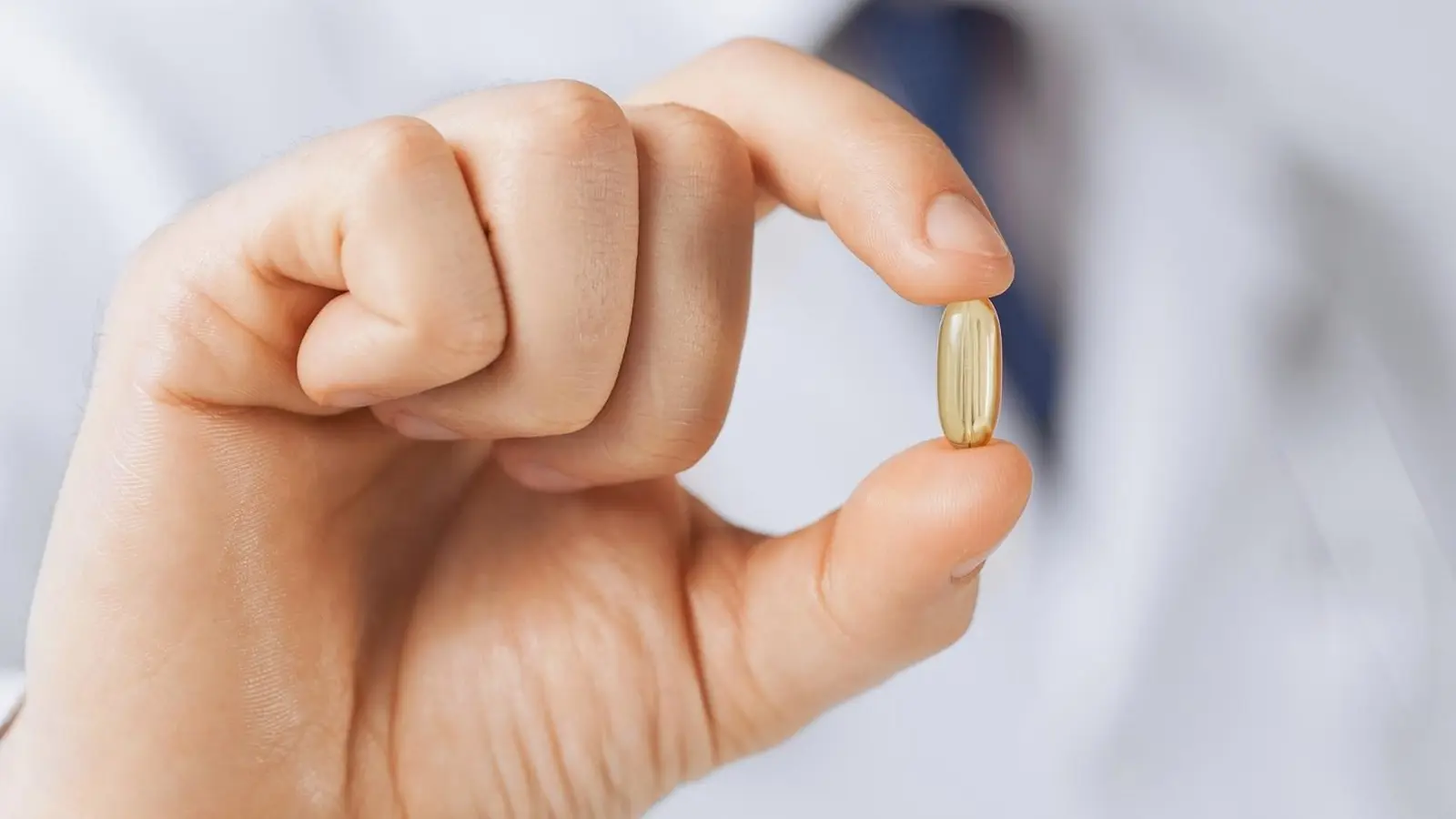4 Minutes
A major randomized clinical trial indicates that daily vitamin D3 supplementation can slow a molecular hallmark of aging by reducing the rate at which telomeres shorten. Researchers analyzing a VITAL sub-study report that participants who took 2,000 IU/day of vitamin D3 showed significantly less telomere erosion over four years compared with placebo, an effect the authors equate to nearly three years of biological aging prevented. Omega-3 fatty acid supplementation in the same trial showed no measurable impact on telomere length.
Scientific background: What are telomeres and why they matter
Telomeres are repetitive DNA-protein structures that cap the ends of chromosomes, protecting genetic material during cell division. Each time a cell divides, telomeres shorten slightly; when they become critically short, cells can enter senescence or die. Accelerated telomere shortening is associated with higher risk of chronic, age-related conditions including cardiovascular disease, some cancers, and immune dysfunction. Because telomere length is considered an aging biomarker, interventions that stabilize or slow telomere attrition are of great interest for public health and longevity research.
VITAL trial design and telomere sub-study
The VITAL (Vitamin D and Omega-3 Trial) study is a randomized, double-blind, placebo-controlled trial that tested vitamin D3 (2,000 IU per day) and omega-3 fatty acids (1 g per day) in U.S. adults: women aged 55+ and men aged 50+. Participants were followed for five years. The VITAL telomere sub-study analyzed 1,054 volunteers, measuring telomere length in white blood cells at baseline, Year 2, and Year 4. This repeated-measures design allowed investigators to assess changes in telomere length over time rather than relying on a single cross-sectional measurement.

Key findings and implications
Compared with placebo, vitamin D3 supplementation was associated with significantly reduced telomere shortening over four years. Authors report this difference corresponded to roughly three years of slower biological aging. Omega-3 supplementation did not produce a statistically significant effect on telomere length in this cohort.
Investigators from Mass General Brigham and the Medical College of Georgia emphasized the importance of these results because VITAL had previously demonstrated that vitamin D can reduce inflammation and lower risks for selected age-related conditions such as advanced cancer and certain autoimmune diseases. Lead study authors note that this is the first large-scale, long-term randomized trial to show vitamin D preserves telomere length, suggesting a plausible biological pathway by which vitamin D might influence aging-related disease risk. Still, researchers caution that further studies are needed to confirm mechanisms and to determine whether telomere preservation translates to long-term clinical benefits.
Future directions and public health context
Researchers recommend replication in diverse populations and mechanistic studies to explore how vitamin D modulates cellular aging processes—possible avenues include reduced inflammation, modulation of telomerase activity, or improved immune function. Clinicians should weigh existing evidence for vitamin D benefits, safety, and baseline vitamin D status before recommending supplementation broadly. The trial dosage (2,000 IU/day) is above typical dietary intake but within commonly studied supplemental ranges.
Expert Insight
Dr. Elena Rivera, a science communicator and molecular aging researcher, comments: 'This finding is notable because it links a widely available nutrient to a measurable molecular sign of aging in a rigorous clinical trial. It doesn't prove that vitamin D will prevent age-related disease in every person, but it provides a strong rationale for targeted research and personalized supplementation where deficiency exists.'
Conclusion
The VITAL telomere sub-study offers compelling evidence that vitamin D3 supplementation can slow telomere shortening over a multi-year period, suggesting a potential pathway for reducing biological aging at a cellular level. While promising, these results should be interpreted alongside broader clinical data, and further research is required to establish long-term health outcomes and optimal supplementation strategies.
Source: scitechdaily


Leave a Comment